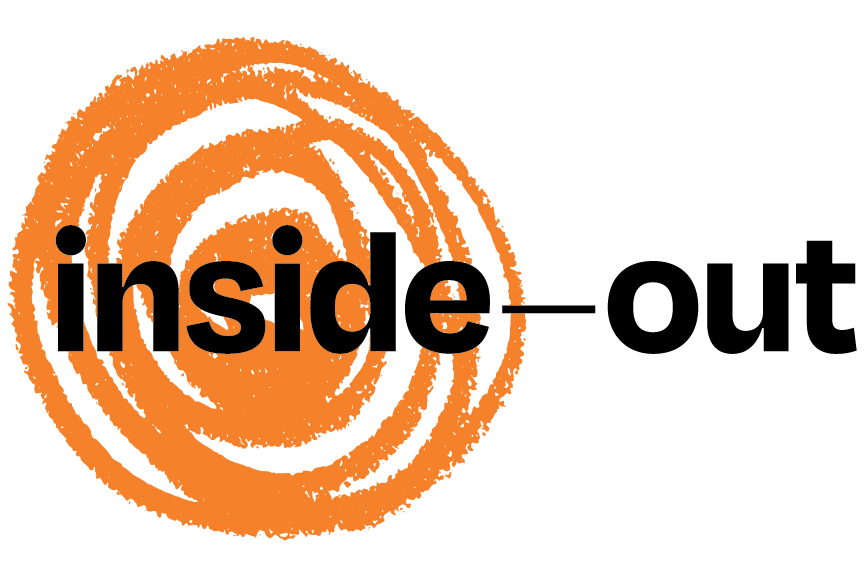Integrating your worst
Welcome entrepreneurs. I’m so glad you’re here.
I used to hide so many skeletons in my closet (oh boy we’ll get to some of them in this article). But I learned over time that we all have skeletons in our closets. Leaders and founders are no exception (perhaps they have even more).
How we interact with those skeletons can make the difference between fully inhabiting your presence as a leader, and feeling like an imposter walking on eggshells.
It’s that important. That’s what I want to talk about today.
Integrating your worst
I’m an addict.
As a young man, I spent about a year waking up with either Adderall or cocaine, running for 48-72 hours at a pop, and then drinking until I passed out because my heart was beating too fast to get to sleep any other way. This after a previous three years building up the habit. I almost died. Almost killed someone drunk behind the wheel. At my bottom, I was sitting in a jail cell wondering what the hell happened.
I can try to forget all this and hope that you never find out. Or I can learn from it. I can deliberately invite the worst of myself into my daily life, embrace it, and transmute it into a strength.
We talk about Authentic Leadership a lot at I-O, not as a morally correct thing to do or as something that makes you feel warm and fuzzy inside. Authentic Leadership is about effectiveness. And integrating your worst is a key part of becoming an Authentic Leader.
I’m 18 years sober now, and I talk openly about my experience with drugs and alcohol. It’s also relevant to my work as a coach because many CEOs struggle with addiction. If we count “work” among the list of addictions, that means most CEOs. And for those struggling, there typically aren’t many places where they feel like they can tell the truth about this part of themselves. For a long time, I didn’t tell the truth either. My history with drugs was a black mark that I took great pains to hide. And my leadership suffered as a result.
The first time I raised money, I was only four years removed from my time inside. I remember vividly, only days before the wire, my lead investor asked for permission to run a five-year background check. “Just a part of the process.” But I knew I was fucked. I called the investor and came clean, and like a stern parent, he told me he needed to rethink their investment. He had to decide whether or not he still wanted to bet on me.
They ended up investing, but I still kept that part of myself a secret anyway. Once I hit the five year mark, I counted my blessings and didn’t tell anyone else in my professional life for years. Instead, I created the identity of a hotshot, up-and-coming CEO who was doing Big Things. And by all appearances, I was. Nobody needed to know about my past. I was a new person. A CEO. An achiever. I locked away the part of myself that had been to the bottom of a well (or a cell) and stopped even thinking about it.
It’s a typical way of dealing with your worst. Most people hide their skeletons. They shove them into a closet and hope that nobody ever opens it, while they decorate the foyer and the living room of their lives.
But a skeleton in the closet never stays in the closet. It comes out in the most inopportune moments, and often dressed in weird clothing.
CEOs that were sexually assaulted as kids develop the identity of someone In Control and resolve never to be victims again. The part of themselves that was victimized goes in the closet. And then, when someone on their team is victimized, rather than empathy, they blow up and tell them to suck it up and stop acting helpless.
CEOs that were awkward teens with few friends move to new cities and transform themselves into gregarious extroverts, becoming seemingly strong leaders and lives of the party. But then they refuse to hire anyone who doesn’t present as strong and competent, missing out on some of the most talented engineers in the process. Or they fold back into that insecure little kid when someone in a boardroom makes them feel like an imposter.
We all have a shadow. Something we’re ashamed of. Something we don’t like about ourselves. Something about us that we wish were different. The normal reaction is to stay as far away from that part of ourselves as possible. To build a persona in opposition to it and hope that nobody finds out our truth. But each time we shut away a part of ourselves, we can no longer deal with that part when it comes up in the outside world. It becomes our Achilles Heel.
There is an alternative however, which, like most worthwhile things, is hard as shit and totally worth it.
Instead of covering up the whole truth of who we are with a veneer of competence or gregariousness or achievement, rigging time bombs to explode at the worst time, we can take another route. We can deliberately integrate our worst.
Like the stoics who intentionally lived in the doghouse for one day a month to teach themselves about their capacity to survive, my experiences with drugs and alcohol have helped to inoculate me against risk. I’ve been down to the bottom, so I know that where I am currently, even when work sucks and nothing is going right, is still in the top 95% of life. And I know that, even if I fuck everything up, even if I lose my business entirely, I’m still WAAAAAAY in the black. Even if it gets worse than that, I know I can survive and rebuild.
Because I’ve done it. I’ve been down to the bottom, and I know from experience that I can build from there to the very top. And knowing that about myself gives me a freedom that few without similar experiences can ever know.
Integrating your worst can give you superpowers.
Authentic Leadership
That part of you that you’ve been hiding. The you that you used to be, or the you that you hope nobody ever learns about. As long as you hide that part, you will never be truly free. And because any organization’s culture is simply a mirror of the leadership team’s personalities, your company will always be operating with intentional blind spots. You will need to keep up the veneer of competence in more and more complex situations, knowing that with one false move, the whole house of cards will come tumbling down. You’ll avoid situations in which your shadow may be confronted, either unconsciously or with flimsy “reasons” that must never be examined. Your team will follow you on this song and dance.
Either that, or you can do the Hard Thing, and integrate your worst. Bet on yourself, warts and all, and demonstrate to others that they should, too.
Shout it from the rooftops and finally let it go.
Want to dive deeper?
If you liked this, check out this list of my top posts, read and shared by thousands of entrepreneurs.
Here are a few of my favorites:
The secret to leadership (why authentic leadership is simply more effective)
How to pitch a big vision to investors without setting yourself up to let people down
Executive Coaching for Entrepreneurs
There’s a reason every elite athlete in the world works with a coach. You need more than one perspective to see your best work.
I’m an executive coach and the founder of Inside-Out Leadership, a boutique leadership development agency that supports entrepreneurs to step fully into their lives, and transform their companies into their masterpieces.
Leveraging 15-years as a founder/CEO, along with deep training in mindfulness, psychology, Neurolinguistic Programming, psychedelic integration and more, I have helped leaders from some of the fastest growing companies and VC funds in the world design a more conscious life and make key changes to improve their performance and satisfaction.
I coach leaders how I want to be coached:
Focused on the person, not the role.
Focused on results, without the fluff.
To learn more about working with me, click here.

